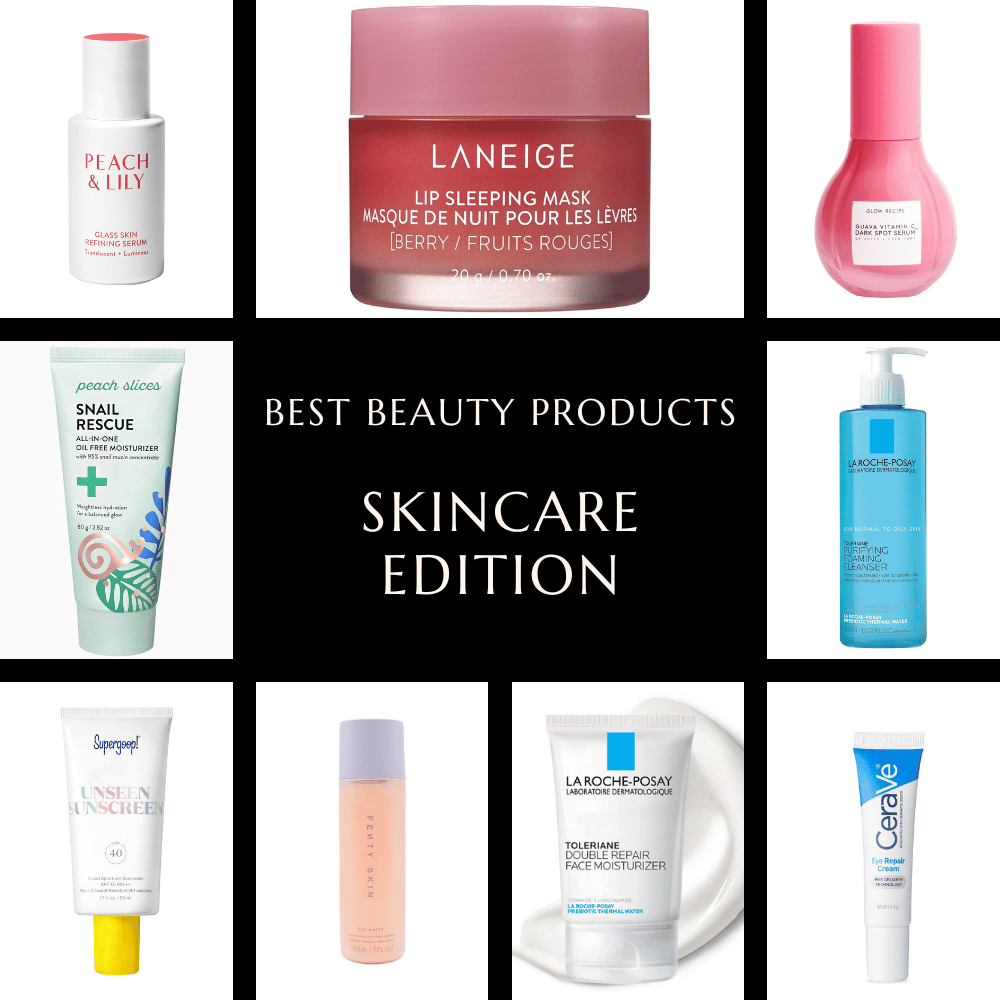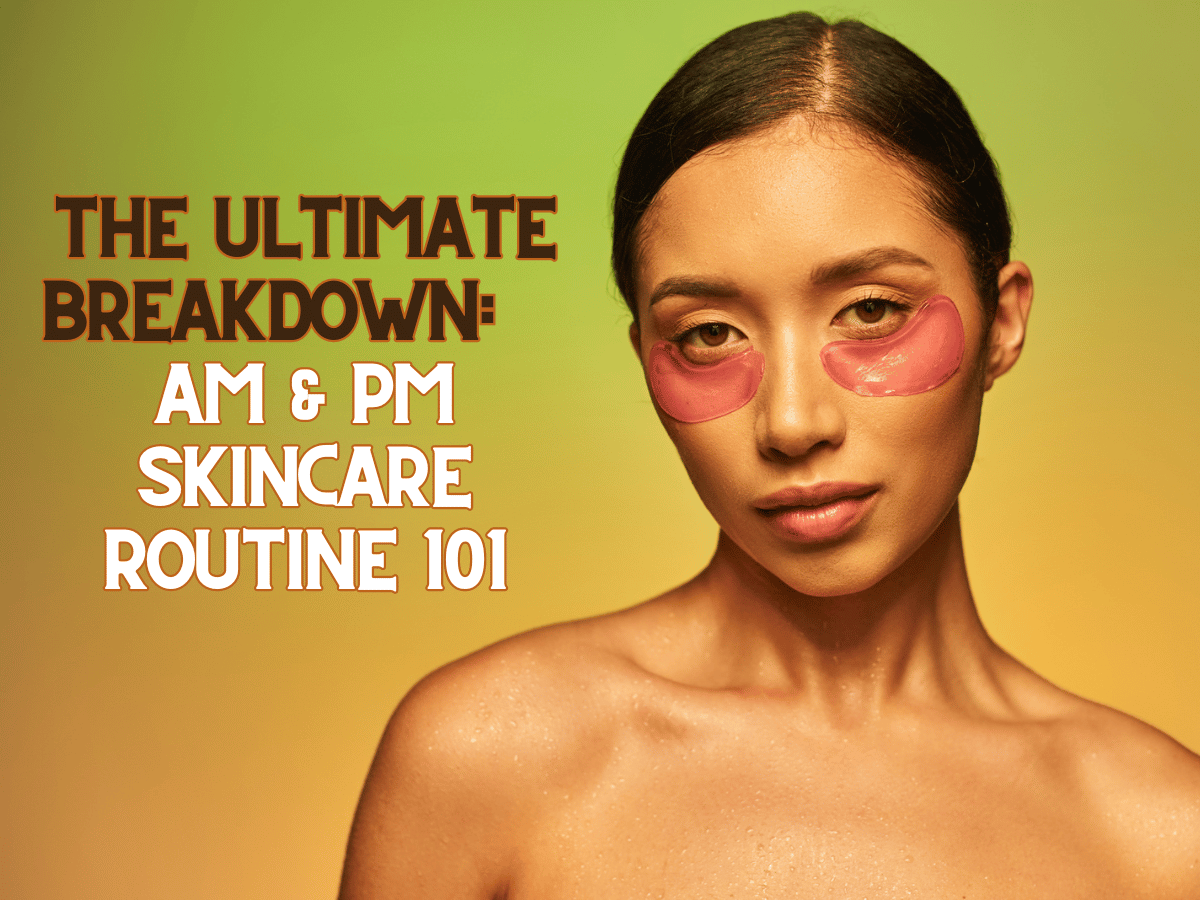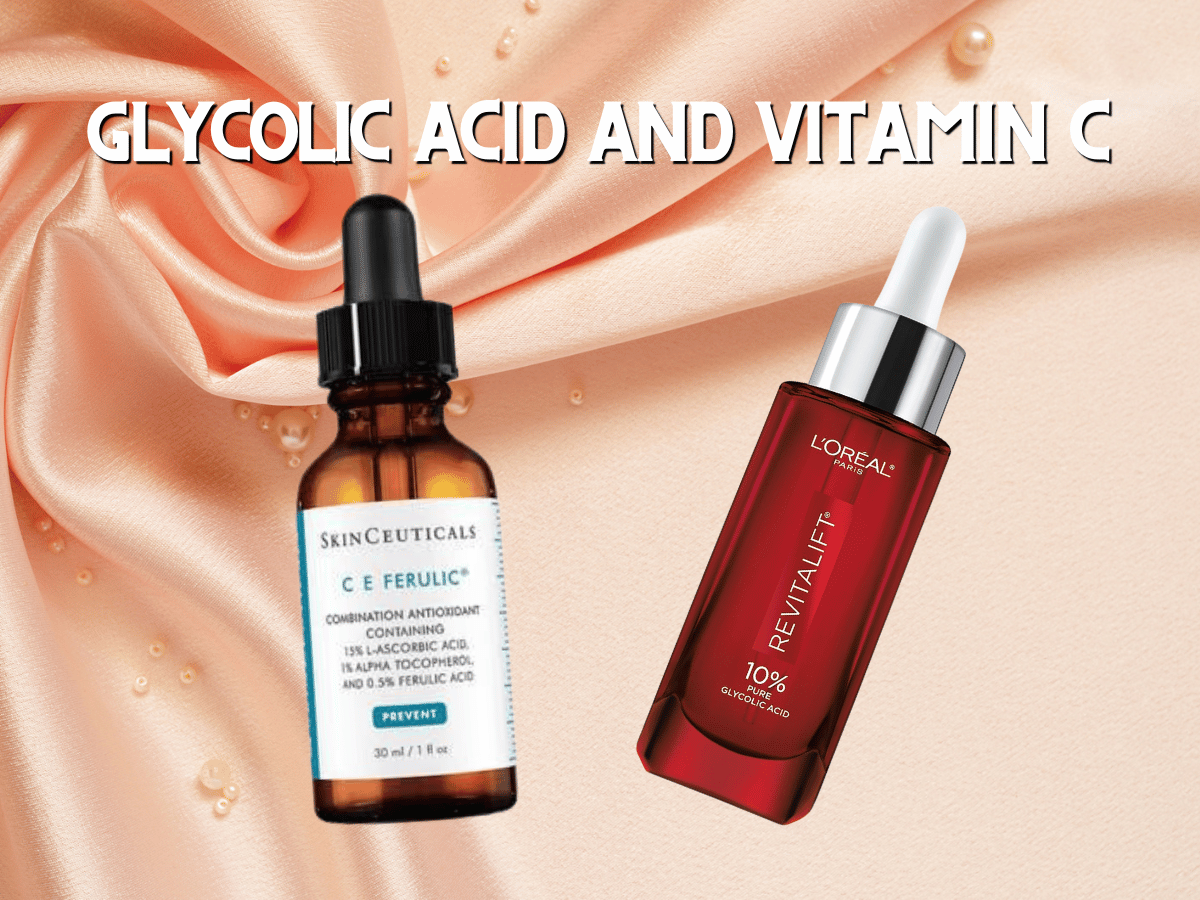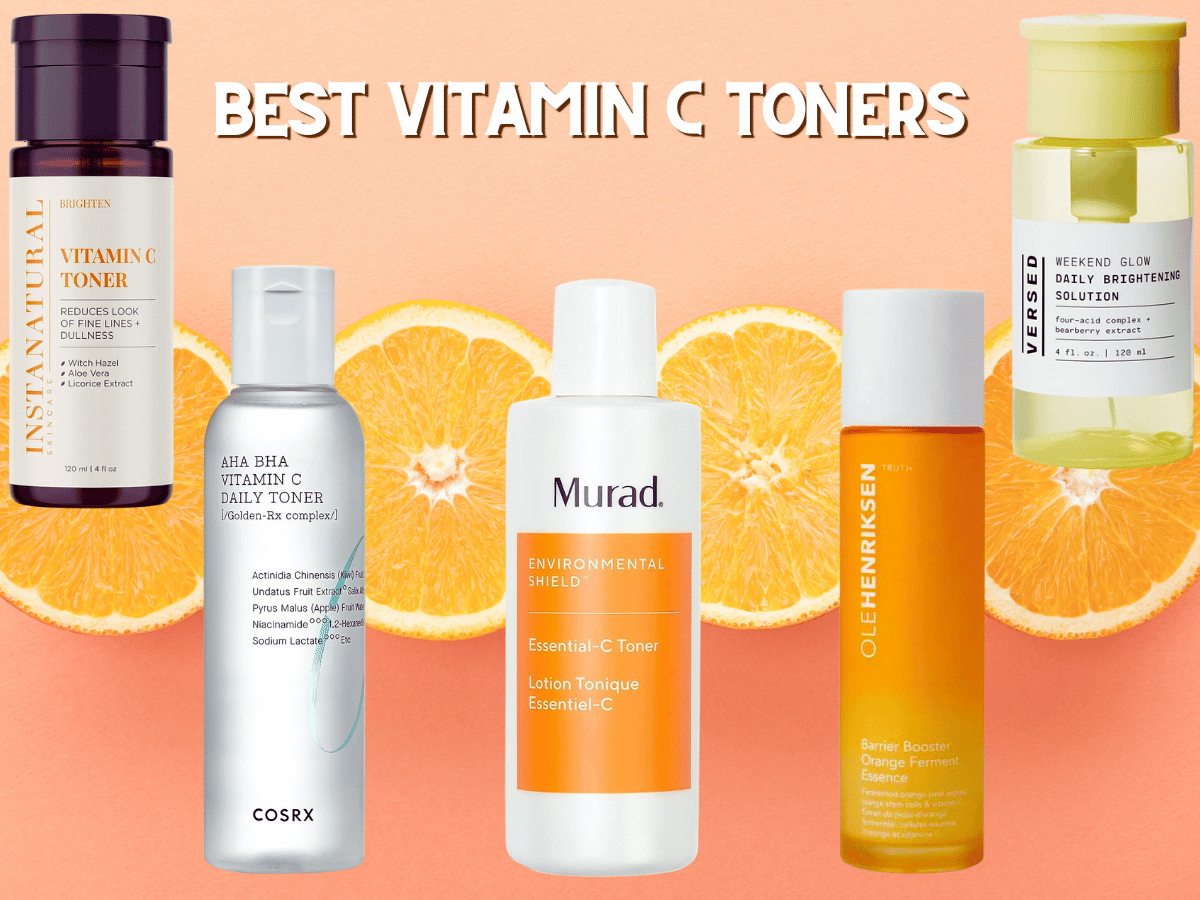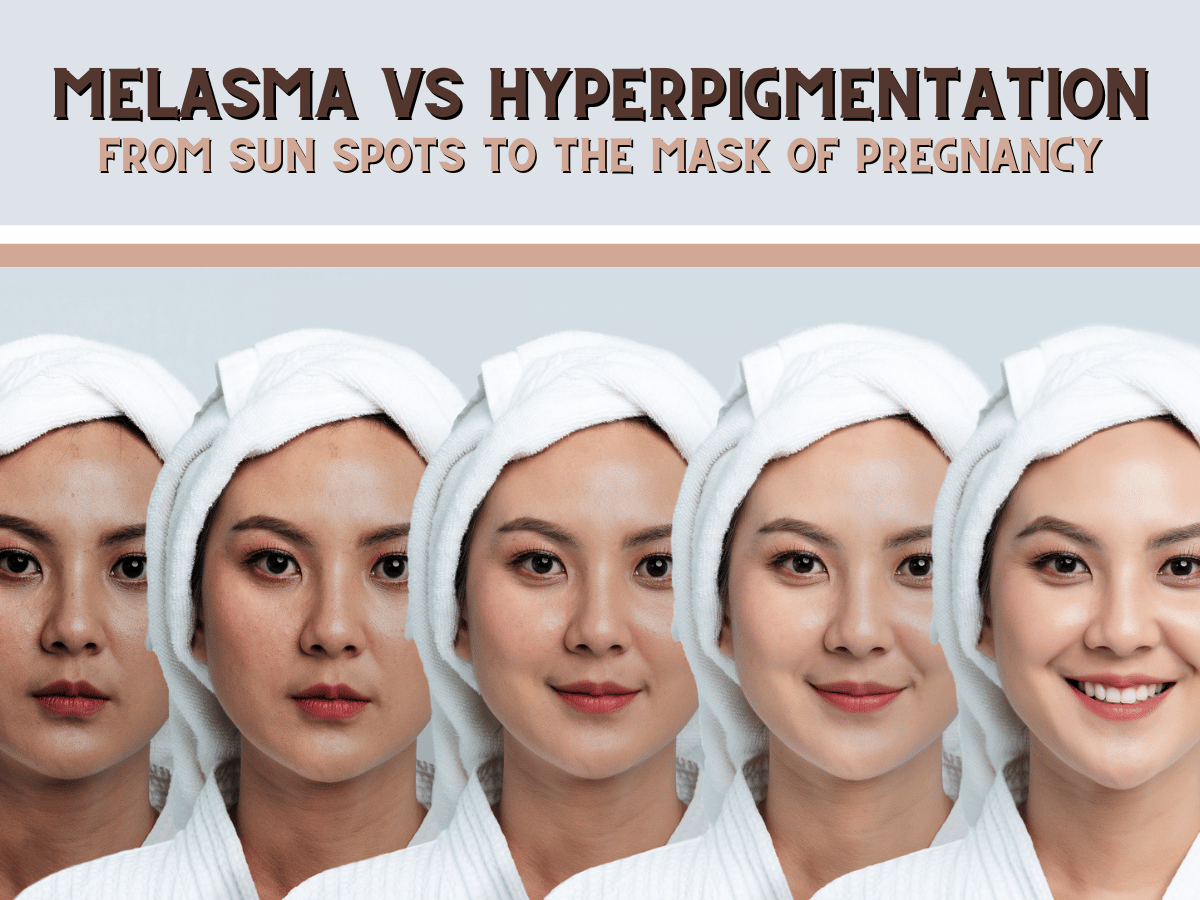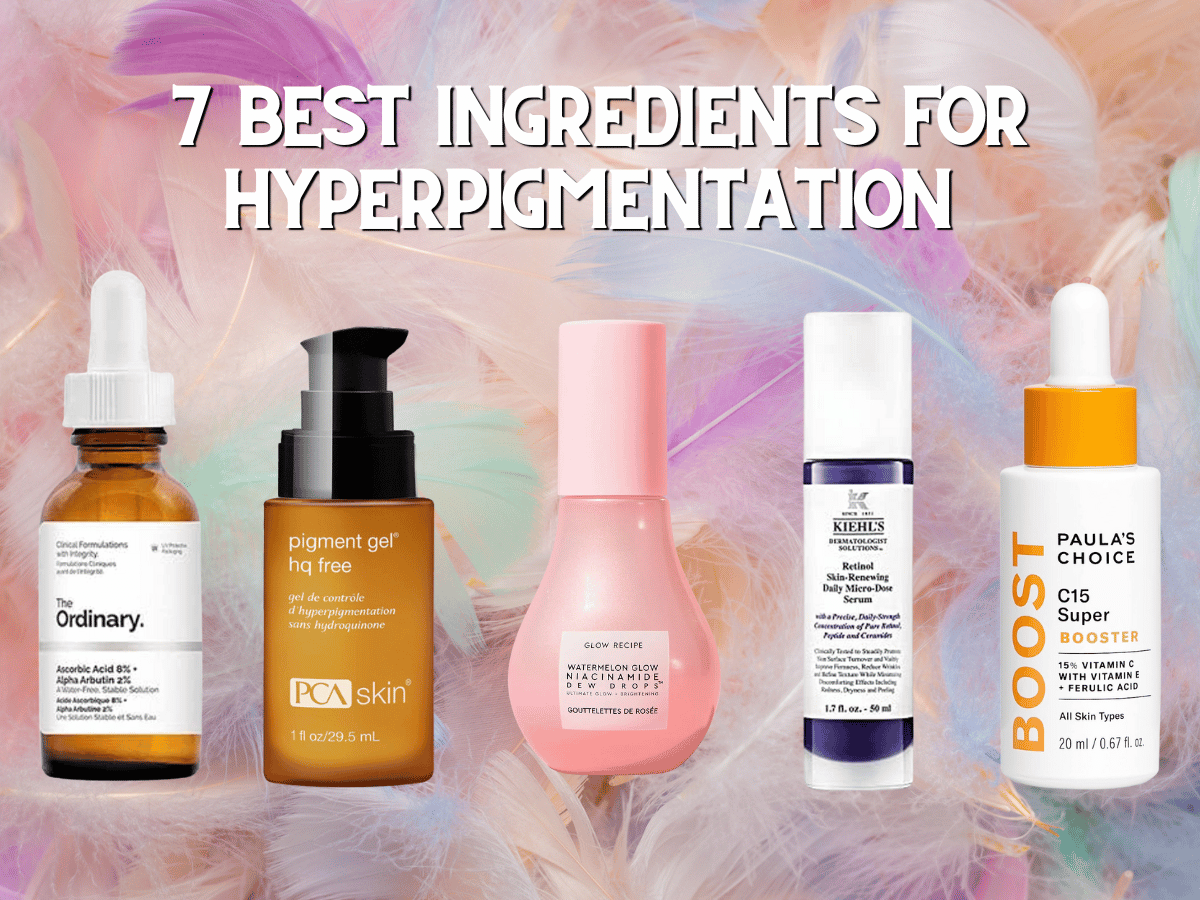What Serum Should I Use? The Ultimate Serum Breakdown!
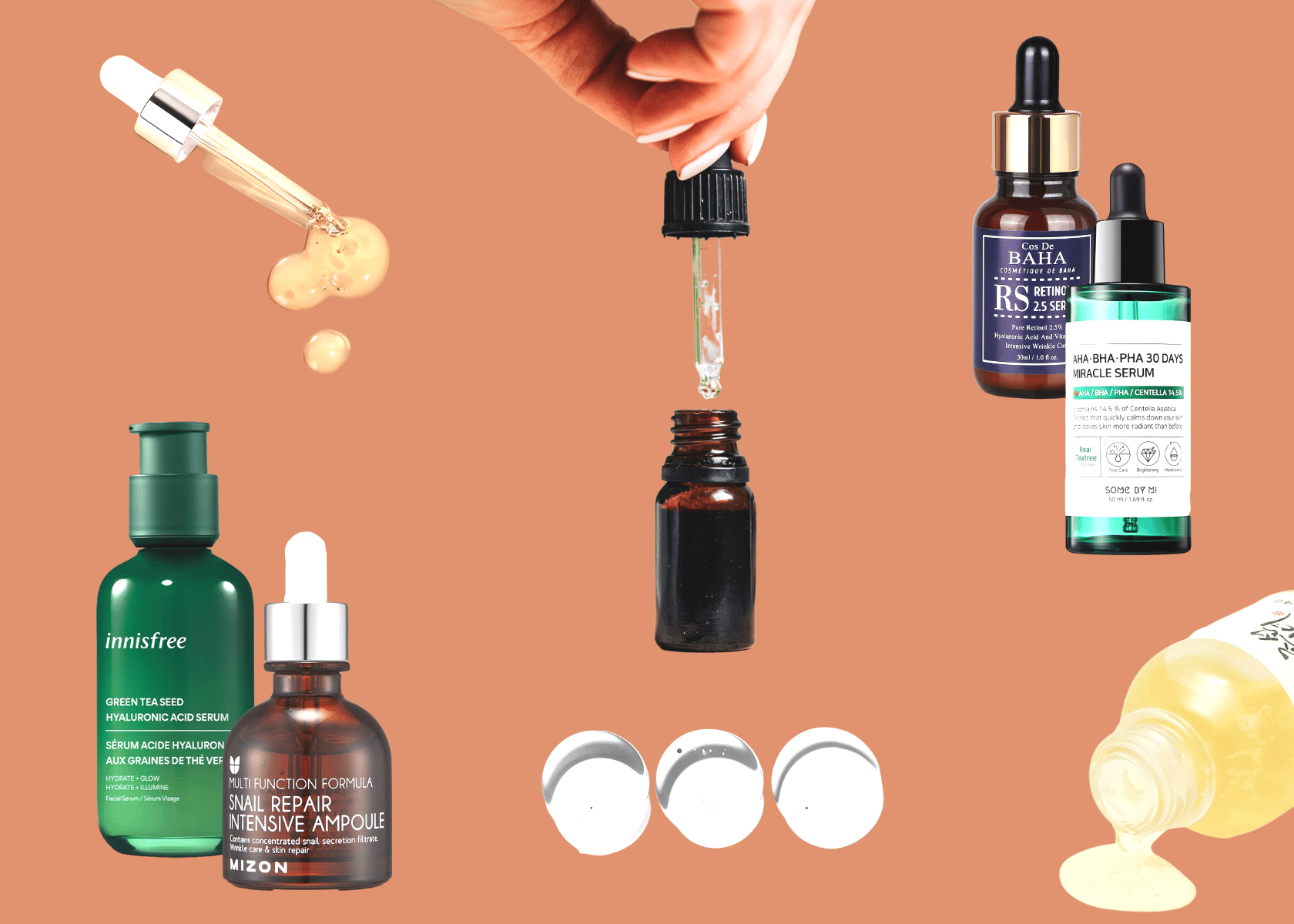
When it comes to skincare, there are a lot of products on the market. It can be overwhelming trying to figure out which products you need, let alone which ones are right for your skin type.
If you're new to the world of serums, don't worry! We're here to help. If you've already started your skincare journey, here's a refresher!
In this blog post, we'll give you an overview of what serums are, what's on the market, and how to choose the right one for your skin type.
What is a Serum?
A serum is a lightweight skincare product that is applied after cleansing and before moisturizing. Serums are typically made with active ingredients that target specific skincare concerns. These ingredients can be anything from antioxidants to retinol, and they are designed to target specific skincare concerns. They can be used both in the morning and at night.
What Are the Benefits of Using a Serum?
There are many benefits to using a serum as part of your skincare routine. First of all, serums are very lightweight and easily absorbed by the skin. This means that they won't clog your pores or leave your skin feeling greasy.
Secondly, as aforementioned, serums are an excellent way to target specific skincare concerns. Whether you're looking for a serum that will help with wrinkles or one that will fade dark spots, there's sure to be a serum out there that's perfect for you!
Finally, each serums contains just a few concentrated active ingredients. This means your skin won't be overwhelmed with many random ingredients.
How Do I Choose the Right Serum for Me?
There are a few things you should keep in mind when choosing a serum.
Let's do a quick assessment on your skincare goals.
- Think about your specific skincare concerns. Do you want a serum that will help with wrinkles? Or are you more concerned about dark spots?
- One of the most important things to consider when choosing a serum is your skin type. If you have dry skin, look for a serum that is hydrating and contains ingredients like hyaluronic acid or glycerin. If you have oily skin, look for a light serum that won't clog your pores or make your skin feel greasy. And if you have sensitive skin, be sure to choose a hypoallergenic serum that won't irritate your skin.
- Once you've decided what your main concern is, you can start looking for serums that contain active ingredients that target those concerns. More information on that below!
- When using a new product always remember to do a patch test to ensure the product is compatible with your skin's make.
The Ultimate Serum Breakdown
Now that you know what your skin concerns are, here's what you really came for—the ultimate serum breakdown.
- Hyaluronic Acid (Hydrator): Hyaluronic acid is a type of molecule that is found in our skin. It helps to keep our skin hydrated and moisturized.
- Niacinamide (Skin's Texture & Tone Improver): Niacinamide is a type of vitamin B3. It's used in skincare products because it can help improve skin tone and texture. It can also help reduce the appearance of fine lines and wrinkles. Bonus, there are no harsh chemicals or artificial ingredients.
- Vitamin C (Jack-of-all-Trades: Collagen-Booster, Brightener, Protector): Vitamin C acts as an antioxidant that neutralizes free radicals on the surface of the skin and helps repair sun damage while providing protective benefits against further damage. It can also help even out your skin tone, fade dark spots, reduce redness and bring back a healthy glow. Over time vitamin C applied topically can increase collagen production for firmer, healthier looking skin and minimize wrinkles for an overall more youthful appearance. This particular ingredient is great for hyperpigmentation treatment as well.
- Retinol (Anti-Ager, Acne-Controller, Protector): Retinol is a retinoid, meaning it's derived from vitamin A and is a powerhouse ingredient when it comes to anti-aging and acne. Retinol works by increasing cell turnover, resulting in brighter, more evenly toned skin with fewer wrinkles.
- AHA, BHA, PHA (Oily & Acne-Pone Skin Saver): AHA (Alpha Hydroxy Acid) sloughs away dead skin, which helps your complexion look firmer and brighter. BHA (Beta Hydroxy Acid) focuses specifically on excess oils, clogged pores, and acne-prone areas. Finally, PHA (Polyhydroxy Acid),generally considered to be gentler than AHA and BHAs, can help your skin look more even-toned by reducing redness and discoloration.
- Green Tea (Soother & Protector): Green Tea contains powerful antioxidants, which can help protect the skin from environmental damage. It also has anti-inflammatory properties that help reduce inflammation and redness. Green Tea can even help improve skin elasticity and hydration levels which contributes to a healthier complexion and brighter complexion.
- Snail Mucus Filtrate (Healer & Protector): Snails secrete this gooey stuff to protect their shells and bodies from bacteria, UV rays, and other environmental threats. When applied to the face, it's said to do everything from heal acne scars to reduce wrinkles. Many people believe that snail mucus filtrate is a miracle ingredient for the skin.
There are of course various other serums in the market, but when you start of, it's best to start with the basics.
Remember, when you introduce any new skincare product, start slow and use a little at a time to allow your skin to adjust.
It is okay to feel confused when starting out, but a little experimenting can give you all the answers to your doubts!
You're ready! Jump in and get started one serum at a time.
Final Thoughts...
Serums are an excellent way to target specific skincare concerns. When choosing a serum, keep in mind your main concern and skin type and look for one with active ingredients that address that concern.
To get you started, let's consider some of the best Korean serums on the market today! Their natural yet powerful ingredients will keep your skin nourished and youthful. From hydrating to protecting from environmental damage to balancing oiliness these picks will be a great addition to your skincare routine. Don’t wait any longer—click the link now to take a peak into the world of serums!
Like these stories? You will (probably) love our monthly newsletter.

